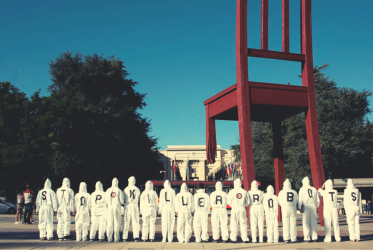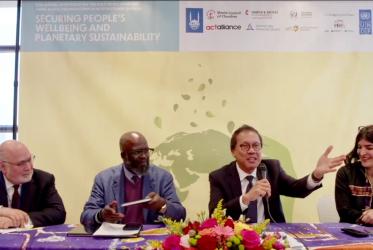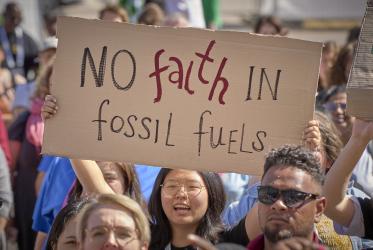Displaying 1 - 11 of 11
09 November 2023
Churches should use their voice on climate change
26 February 2020
Bishop Helga - diaconal apostle
22 December 2017
Conference explores global church's responsibility to confront racism
08 September 2010







